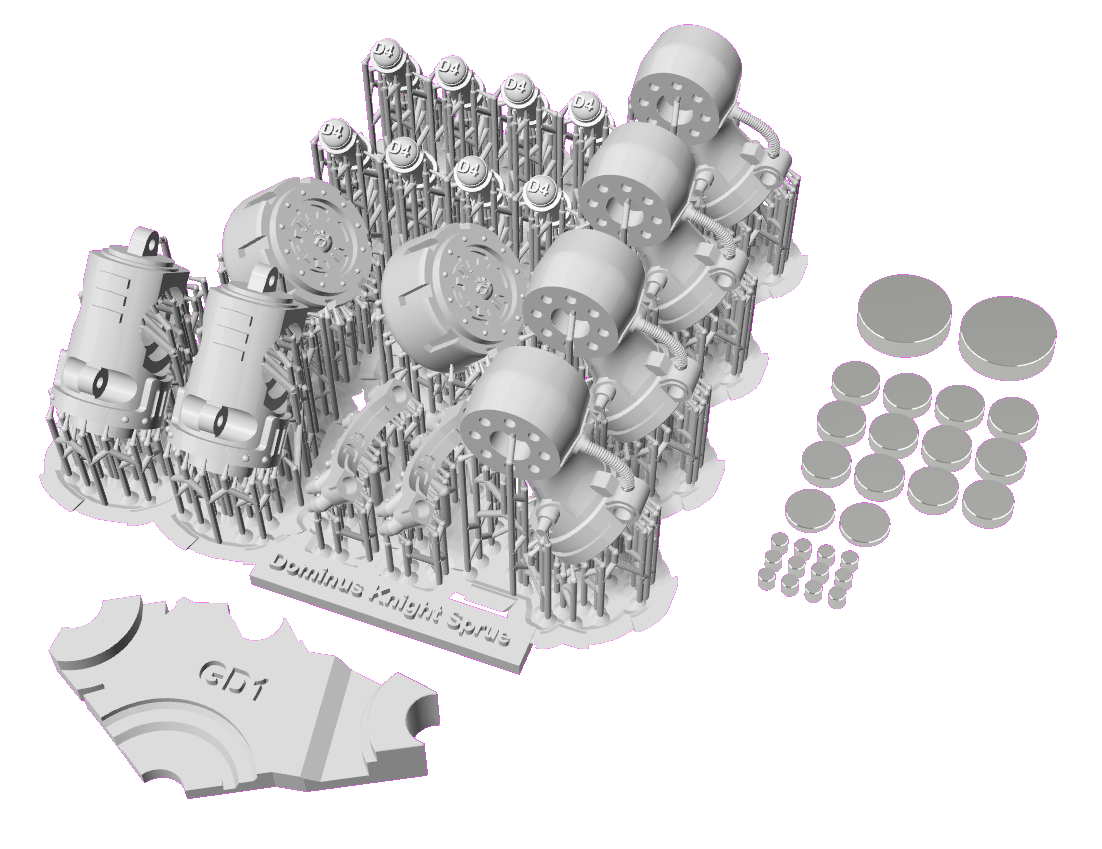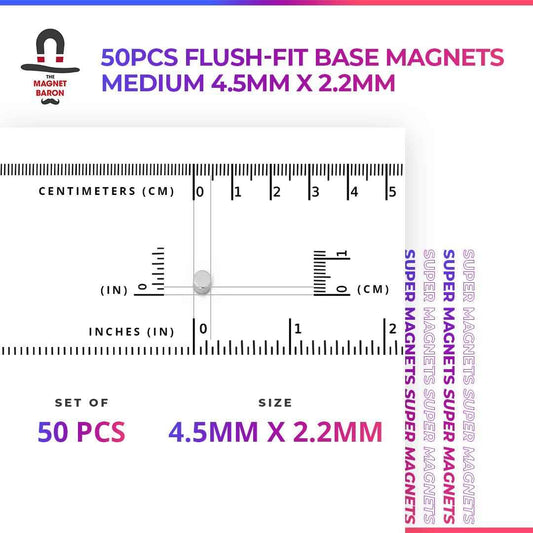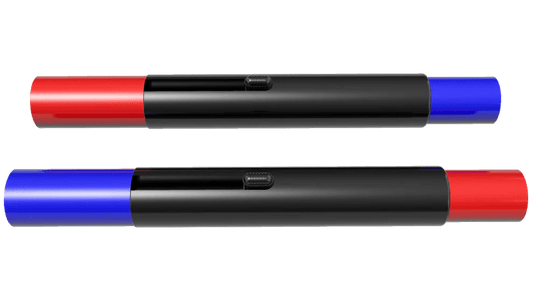1
/
of
3
Dominus Knight No-Drill Magnetization Kit
Regular price
$39.99 USD
Regular price
Sale price
$39.99 USD
Unit price
/
per
Couldn't load pickup availability
Recommended


Use our No-Drill Dominus Knight Magnetization kit to quickly and easily magnetize all of your Knights important options without drilling or putty work.
For the Questoris Knight kit click here.
For the Cerastus Knights, click here.
For the Armiger and War Dog kit, click here.
For the Chaos Knight Abominant kit, click here.
PROP 65 WARNING
WARNING: This product contains a chemical known to the State of California to cause cancer.


Instructions & Content
Click Here for Dominus Knight InstructionsCollapsible content
Collapsible content
Bestsellers
View all-
50pcs Flush-Fit Base Magnets for Warhammer 40k, Sigmar, and The Old World
Regular price From $17.99 USDRegular priceUnit price / per -
Maxi-Cure Plus Super Glue For Magnets
Regular price From $4.99 USDRegular priceUnit price / per -
Magnicators V2
Regular price $19.99 USDRegular priceUnit price / per -
Imperial Knight Magnetization Kit - Questoris No-Drill (36 Magnets)
Regular price From $45.99 USDRegular priceUnit price / per
1
/
of
4
Subscribe to our emails
Join our email list for exclusive offers and the latest news.










